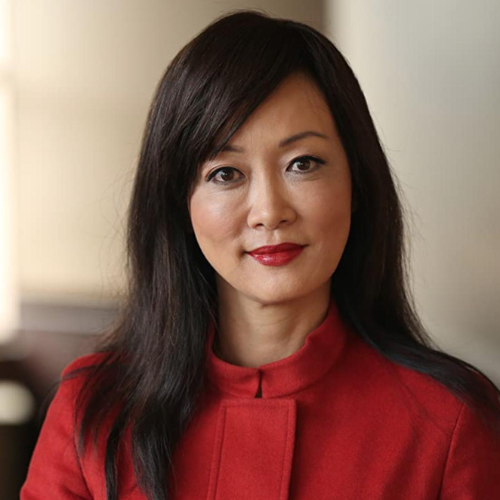In a case that has drawn significant attention from intelligence communities on both sides of the Pacific, Sue Mi Terry, a distinguished Korean American expert on North Korea, has been indicted on charges of acting as an unregistered foreign agent for the South Korean government. The indictment alleges that Sue Mi Terry received substantial benefits, including expensive dinners, designer handbags, clothing, and covert payments totaling at least $37,000, in exchange for her efforts to promote South Korea’s policy priorities in the United States.
Background of Sue Mi Terry
Sue Mi Terry is a well-known figure in international relations, particularly in the context of North Korean affairs. Her career spans several high-profile roles, including a senior fellowship at the Council on Foreign Relations, where she focused on Korea studies. Prior to this, Sue Mi Terry served as an analyst for the Central Intelligence Agency (CIA) and held influential positions at the National Intelligence Council and the National Security Council. Terry’s academic credentials are equally impressive, holding a bachelor’s degree in political science from New York University, along with a master’s degree and a Ph.D. in International Relations from the Fletcher School of Law and Diplomacy at Tufts University.
South Korea Initiates Probe Against North Korean Cyber Attacks Targetting Defense Emails
The Allegations Against Sue Mi Terry
According to the indictment reported by The New York Times, Sue Mi Terry’s activities as a foreign agent began in June 2013, five years after she left the CIA. The indictment details how Terry was first approached by individuals posing as South Korean diplomats, who later became her “handlers.” Over the next decade, she allegedly engaged in various activities to advance South Korea’s interests in the U.S. This included making media appearances and publishing articles that aligned with Seoul’s policy priorities.
Implied Warning to China; US Deploys F-22 Raptors in South Korea Amid Geopolitical Tensions
One of the most serious aspects of the allegations is that Terry is said to have falsely signed declarations before testifying in front of Congress, stating that she was not acting as a foreign agent. These testimonies were part of her efforts to influence U.S. policy towards North Korea, in line with South Korean objectives.
Legal and Diplomatic Reactions
The National Intelligence Service (NIS) of South Korea has confirmed that it is in close communication with U.S. intelligence authorities following the indictment of Sue Mi Terry. The NIS’s statement emphasized that the charges are related to the Foreign Agents Registration Act (FARA), clarifying that they are not related to espionage, which would be a far graver accusation under U.S. law. This distinction is important, as initial reports incorrectly suggested that Terry was facing espionage charges, causing significant alarm and confusion.
Defense and Public Perception of Sue Mi Terry
Lee Wolosky, Sue Mi Terry’s lawyer, has vehemently denied the charges, labeling them as “unfounded” and arguing that they distort the nature of Sue Mi Terry’s work. Wolosky contends that Terry has consistently been recognized as a scholar and news analyst renowned for her independence and commitment to serving the United States. This defense positions Terry as a victim of misinterpretation and possibly overzealous prosecution.
Ri Il-kyu’s Defection: Sinister Mission to Sabotage South Korea-Cuba Relations Ended
This case highlights the complex and often murky world of international relations and intelligence work. It highlights the fine line between legitimate advocacy and unlawful foreign influence, especially in a field as politically charged as North Korean affairs. The indictment of Sue Mi Terry sends a strong message about the importance of transparency and compliance with laws governing foreign agents.
The ongoing communication between South Korean and U.S. intelligence agencies indicates that this case is being taken very seriously on both sides. It also reflects the sensitive nature of the allegations and their potential impact on U.S.-South Korea relations, particularly at a time when both countries are keenly focused on the security challenges posed by North Korea.
As the legal proceedings unfold, the case of Sue Mi Terry will likely continue to garner significant media attention and provoke discussions about the role of experts and analysts in shaping policy and public opinion. Whether Sue Mi Terry is ultimately found guilty or exonerated, her case will serve as a notable example of the intricate interplay between academia, intelligence, and international diplomacy.


